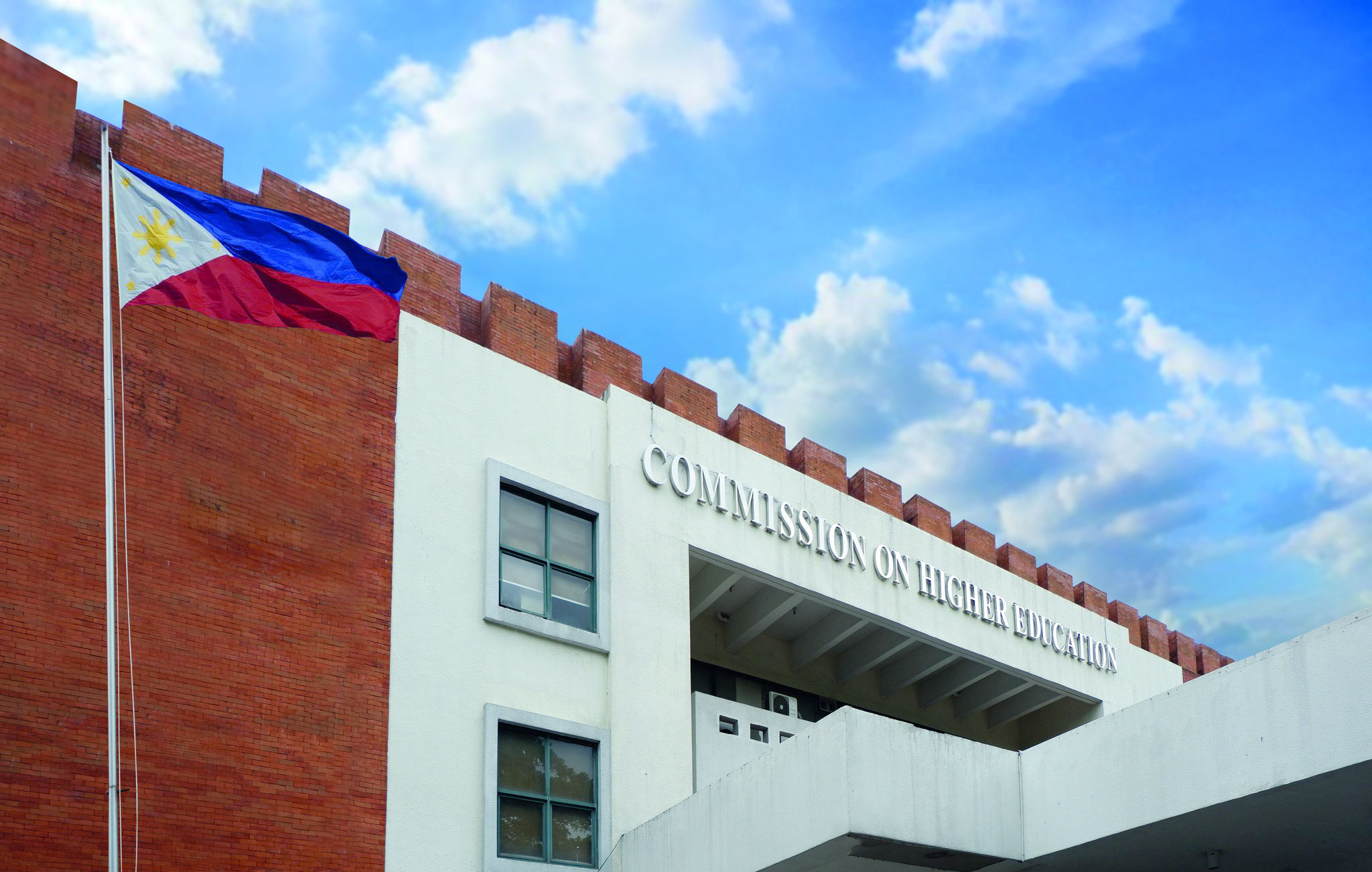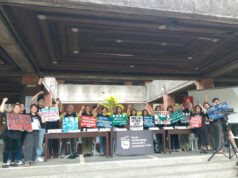Marcos signs law allowing Pinoy professionals to earn a college degree

PHILIPPINE President Ferdinand R. Marcos, Jr., has signed into law a measure that allows working Filipino professionals to earn a college degree through accredited work experience and prior learning, bypassing traditional schooling methods.
The President enacted the Expanded Tertiary Education Equivalency and Accreditation Program Act on Feb. 3, the presidential palace said in a statement on Wednesday.
“The [law] will identify, assess, validate and assign equivalent undergraduate level and special graduate programs of prior learning from formal, nonformal and informal learning systems and relevant work experiences to qualified individuals for the grant of appropriate academic degrees,” it said.
The Commission on Higher Education (CHEd) will take the lead in enforcing the law.
CHEd is will deputize higher education institutions to offer academic degrees under the law, establishing standards for diverse assessment methods that evaluate skills, values, knowledge and competence levels, and granting or revoking institutions’ authority to administer the program.
It will also oversee and assess the implementation of the program, with its Office of Programs and Standards Development serving as the permanent technical secretariat that will enforce the law.
Filipino citizens, whether based in the Philippines or overseas, may apply for equivalency and accreditation if they meet the requirements.
Applicants must be at least 23 years old and should have completed a secondary education program.
This can be proven through a high school diploma or a certification from the Philippine educational placement test or the alternative learning system accreditation and equivalency assessment, indicating their eligibility for college admission.
Applicants must have a minimum of five years of cumulative work experience in an industry relevant to the academic degree or discipline for which they seek equivalency. — Chloe Mari A. Hufana



